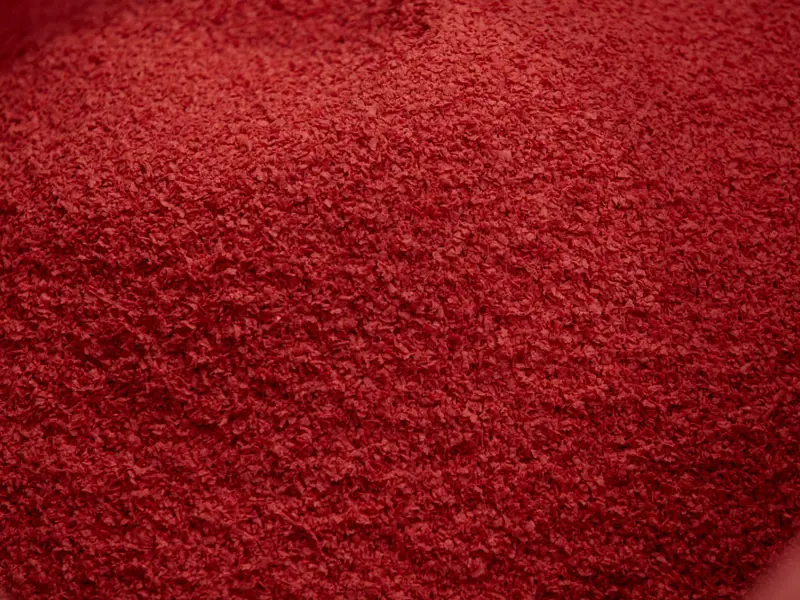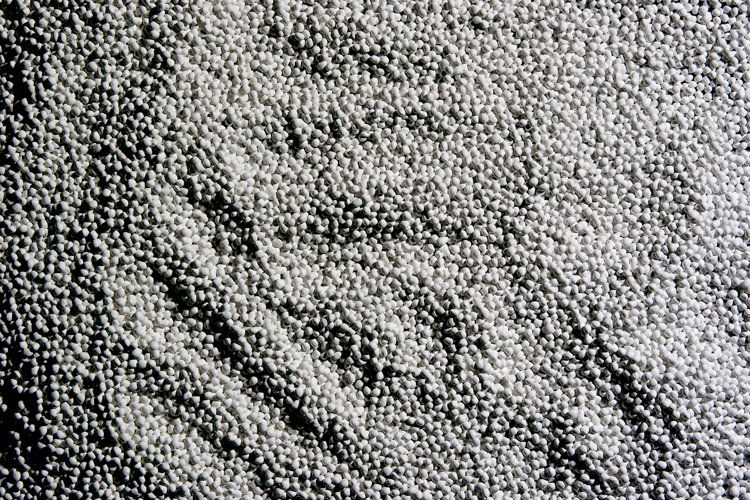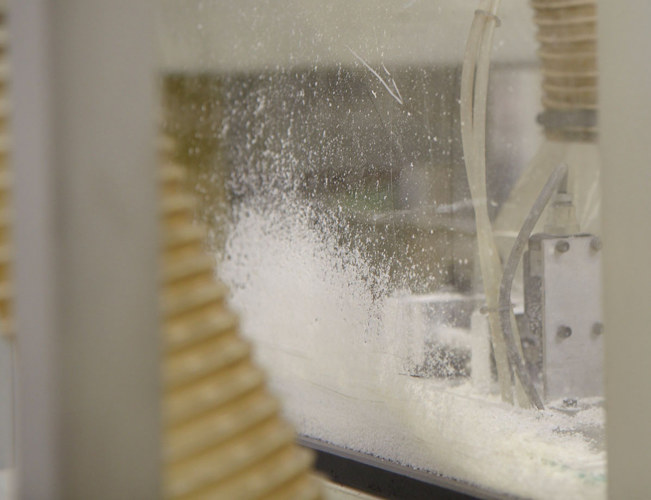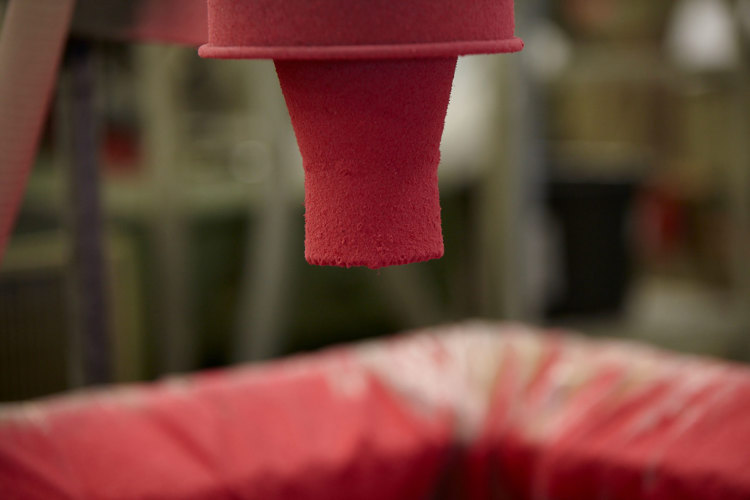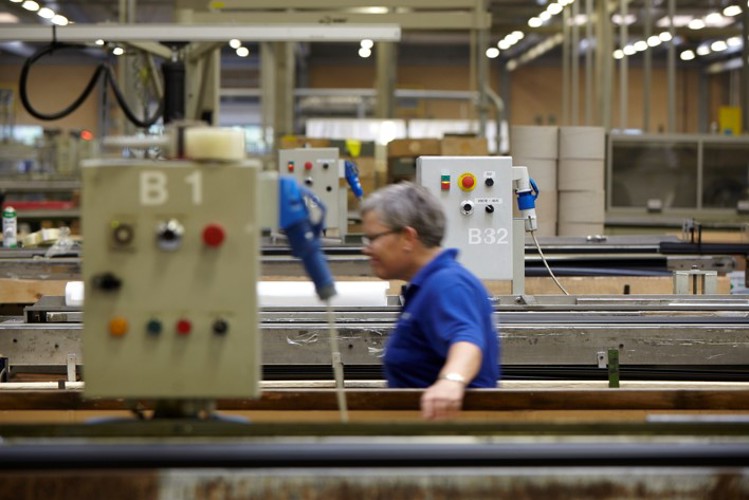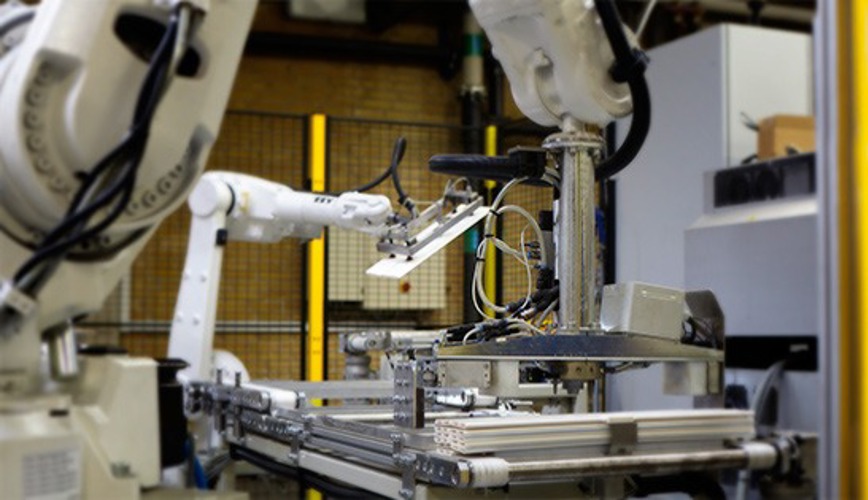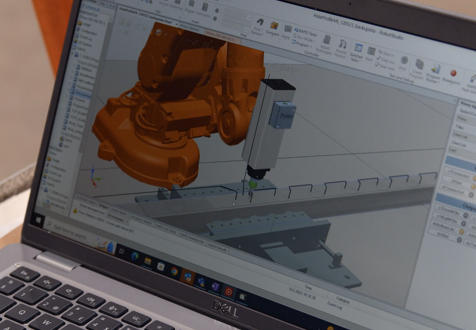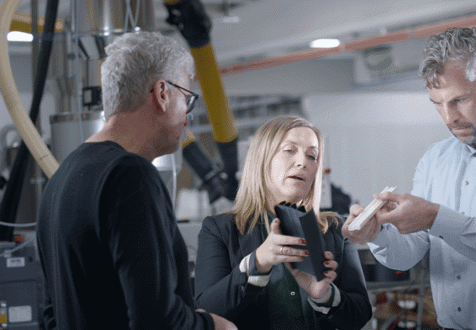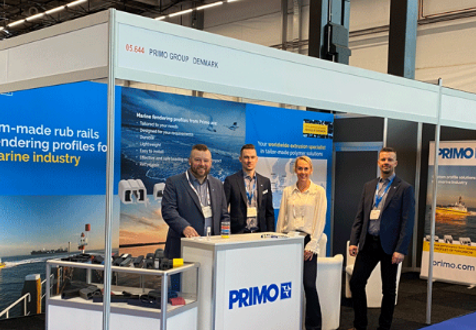
Jaakko Salo
Group Commercial DirectorJaakko Salo is the group's head of sales, with a broad understanding of the different markets and industries. In close collaboration with Primo’s dedicated sales teams, Jaakko is your guarantee for a future-fit approach to product development. In the area of sales development, Jaakko is at the forefront of the search for advanced solutions with a lower carbon footprint and faster time-to-market, in line with our FUTURE FIT programme and our slogan "Profiles of Tomorrow".
Speaks: English, Finnish
